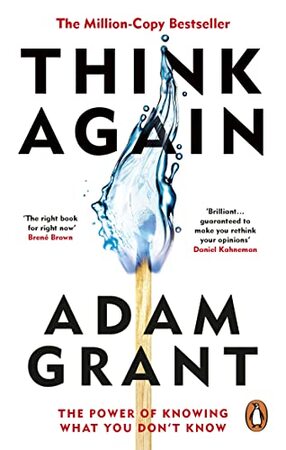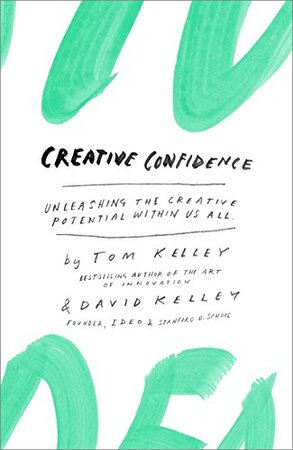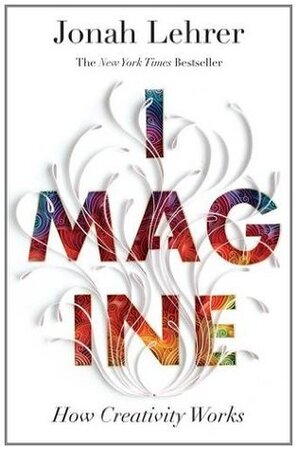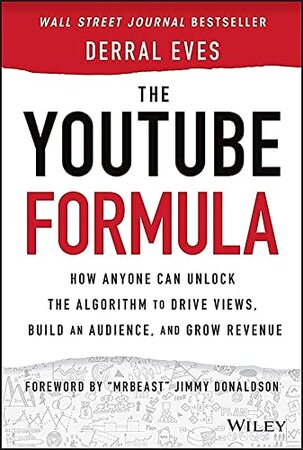
Think Again
Introduction
Adam Grant’s “Think Again” is a compelling exploration of the importance of intellectual humility and the art of rethinking our opinions, beliefs, and assumptions. In a world that often values certainty and steadfastness, Grant argues that the ability to change our minds and seek out new perspectives is a crucial skill for personal growth, effective leadership, and navigating an increasingly complex and unpredictable world.
The Trap of Closed-Mindedness
In this section, Grant delves into the reasons why people often become trapped in closed-mindedness. He highlights our natural inclination to seek confirmation of our existing beliefs, the fear of appearing uncertain or indecisive, and the influence of social pressures in reinforcing our cognitive biases. Grant cautions against the dangers of intellectual arrogance and the detrimental effects it can have on our personal and professional lives.
The Benefits of Intellectual Humility
Grant argues that cultivating intellectual humility is the antidote to closed-mindedness. By acknowledging our limitations, recognizing the fallibility of our knowledge, and embracing a growth mindset, we can create an environment that fosters learning, collaboration, and innovation. He provides compelling research and real-life examples to demonstrate how intellectual humility can lead to better decision-making, more effective teamwork, and greater success in various domains.
The Art of Reconsideration
In this section, Grant offers practical strategies for honing the skill of reconsideration. He emphasizes the importance of actively seeking out diverse perspectives, engaging in constructive debates, and being open to changing our minds when presented with compelling evidence or alternative viewpoints. Grant provides actionable advice on how to create a culture that encourages healthy intellectual discourse and constructive disagreement, challenging readers to embrace discomfort and uncertainty as catalysts for personal and professional growth.
Navigating Change and Uncertainty
Drawing on research and real-life stories, Grant explores the challenges of navigating change and uncertainty. He dives into the concept of cognitive flexibility and the importance of adapting our beliefs and strategies in response to new information and evolving circumstances. Grant provides practical guidance on how to approach difficult conversations, handle constructive criticism, and maintain resilience in the face of setbacks, all while staying committed to the pursuit of truth and learning.
Cultivating a Culture of Rethinking
In the final section, Grant shifts focus to the broader implications of embracing a culture of rethinking. He highlights the value of psychological safety in organizations, where individuals feel empowered to question assumptions, challenge the status quo, and voice dissenting opinions without fear of retribution. Grant explores how leaders can foster a culture that values intellectual humility, encourages feedback, and rewards adaptability, ultimately leading to more innovative and resilient organizations.
Conclusion
“Think Again” serves as a powerful reminder that intellectual growth and meaningful change come from a willingness to question our own assumptions and embrace the discomfort of uncertainty. Adam Grant’s insightful exploration of the power of reconsideration provides readers with practical tools and strategies to break free from closed-mindedness, foster intellectual humility, and create a culture that values continuous learning, growth, and adaptation. By embracing the art of rethinking, we can navigate the complexities of the modern world with greater clarity, empathy, and effectiveness.












